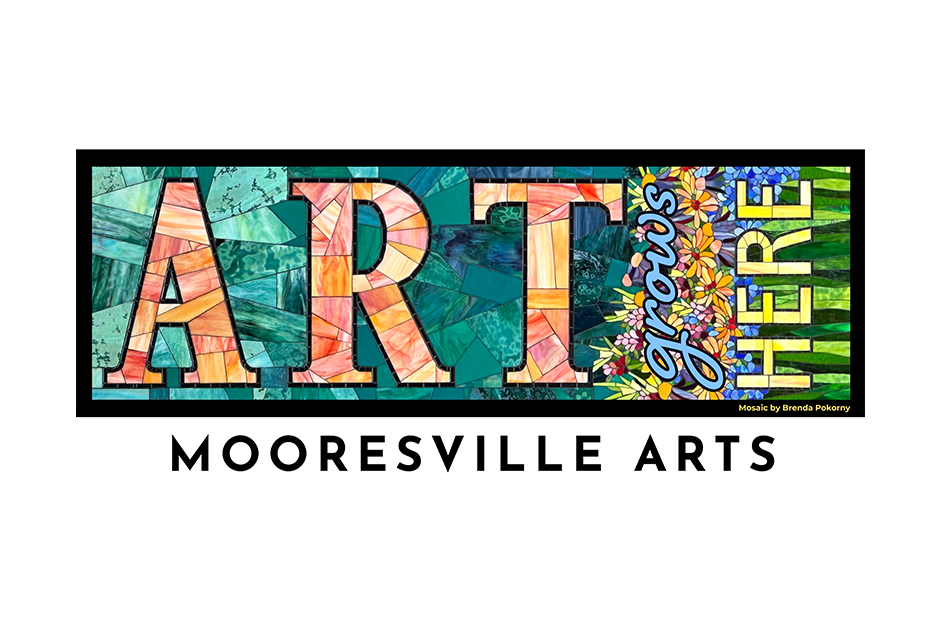by LAURA CZERWINSKI
If you’ve arrived at the decision to school at home, or even if you’re just hungry for a little more detail about the “getting started” process, here are five steps to help you get a smooth start.*
- Place yourself in good company– Find families who are currently teaching their children at home. It’s always great to have someone along with you on the journey. If you don’t know anyone personally, there are groups and pages on Facebook that can aid in an introduction. I’d recommend finding an upcoming event, playdate or other get-together where you can connect with other parents face-to-face.
Some suggestions to try searching for include:
North Carolina Homeschool Help
Charlotte Area Homeschool Connection
Lake Norman Homeschool Activities and Support Connection
- Learn about NC state laws and recommendations for schooling at home and file a notice of intent to register your school with the state. You can find a link with detailed information on this process at: https://ncadmin.nc.gov/public/home-school-information.

Some important things to keep in mind:
– If your child(ren) is already enrolled at a school, do not attempt to withdraw them until after you have filed your notice of intent with the state. You will likely need to provide a copy of your home school registration to the school registrar to officially withdraw them.
– Think carefully and with strong consideration when choosing the name of your school. You will not be able to change it once you register it. This will be the name on your child’s transcript and future diploma which is what they will ultimately use on a resume in the future.
There are certain other restrictions the state lists on their site when it comes to naming your school that you must adhere to. For example, you cannot name your school after copyrighted curriculum names.
- Bookmark some great go-to resources online:
In addition to bookmarking the state’s site mentioned earlier, here are two other key sites to visit and then re-visit for future reference:
https://hslda.org/ – Homeschool Legal Defense Association. A nonprofit homeschool advocacy organization.
https://www.nche.com/ –North Carolinians for Home Education. This site might look familiar as I’ve mention it before – for good reason! Here, you can check out great resources and sign up for weekly emails to get notices on events such as field trips, graduations, scholarships, and more. They also offer great sessions for those beginning the journey to schooling at home. In fact, Evelyn Bickley from NCHE will be doing a “How to Homeschool” Zoom session for the Mooresville Public Library on June 22nd at 6pm. You can register at https://mooresvillenc/evanced.info/signup/calendar or call the library at 704-664-2927.
NCHE has a conference each May in Winston-Salem called Thrive! This year it is May 25-27. It is a wonderful chance to meet other families and get answers to other questions you may have. In addition, parents of preschoolers whose oldest child won’t turn 5 before September AND who have never attended an NCHE conference before may qualify for FREE admission for the conference. Visit https://www.nche.com/thrive/ to learn more about the conference, and visit https://www.nche.com/thrive/registration/ to register.
- Start thinking about what type of teaching style and curriculum you may want use. Teaching at home does not necessarily mean that you need to replicate exactly what your child would be doing in a classroom at school minute by minute. A popular recommended book to look into is 102 Top Pics for Homeschool Curriculum by Cathy Duffy. It provides an overview of different styles of homeschooling and helps you to identify what type of learner your child may be. This can help guide you to an effective method of learning. Once you do this, it helps to connect you to widely available curriculums that match those learning styles. Remember though, if something you are using isn’t working for your family, it’s ok to re-evaluate and move on to something that works better.
- Make plans to start a routine and think about spaces in your home that are comfortable for learning. Remember, this is another time where you can be flexible. You don’t have to designate a special room where you’ve spent a fortune to make it look like a classroom. Learning can happen practically anywhere. You might have days when going to the library works better, or you take a field trip to a planetarium or museum. You might find that the couch is a cozier reading spot vs. a desk (I mean, isn’t it?) Most families I know use the kitchen table, kids’ desks in their rooms, their parent’s desks in their home offices, etc. Probably the same places most kids do their homework.
Starting out with a schedule is always a good idea. Your family might like to get chores done in the morning and then hit the books afterwards. For others, they like to get their studies done straight away and leave the rest of the day open for activities. They key here, again, is not to feel stuck if something isn’t working and things need to shift after life throws you a curveball. (And we know life is FULL of them.) After all, isn’t thoughtful pivoting after those curveballs of life one of critical lessons you want your kids to learn anyway?
*Note: ALWAYS refer to the NC laws and guidelines as shared and updated at https://ncadmin.nc.gov/public/home-school-information.
Next Month:
Simple Schooling at Home:
Do this, Not That!



















